For ten years, a familiar face anchored millions of Nigerian mornings. Morayo Afolabi-Brown’s voice carried not just questions but convictions, her laughter softened hard debates, and her silences often spoke louder than words. On Your View, TVC’s flagship breakfast talk show, she became more than a moderator—she was the compass guiding conversations that dared to touch Nigeria’s deepest wounds and most unspoken truths.
- The Making of a Pioneer
- The Legacy of Female Voices in a Male-Dominated Industry
- A Decade of Bold Conversations
- Storms Along the Journey
- The Resignation: An Empty Seat at the Table
- Can Your View Thrive Without Morayo?
- The Co-Hosts: Inheriting the Table
- The Audience Factor
- What Comes Next for Morayo?
- FINAL THOUGHTS
But now, the chair she occupied for a decade sits empty. Her resignation sent ripples across Nigeria’s media space, not merely because a presenter stepped down, but because a cultural force withdrew from the frontline of televised public debate. What happens when the heartbeat of a conversation steps away? Can Your View, a show that grew under her wings, survive without its most recognizable host?
These questions are hovering like a storm cloud over TVC’s flagship program. And to answer it, one must revisit not just Morayo’s journey, but the story of a show that shattered cultural ceilings, provoked politicians, unsettled pastors, and forced a nation to listen to women — loudly, boldly, and unapologetically.
The Making of a Pioneer
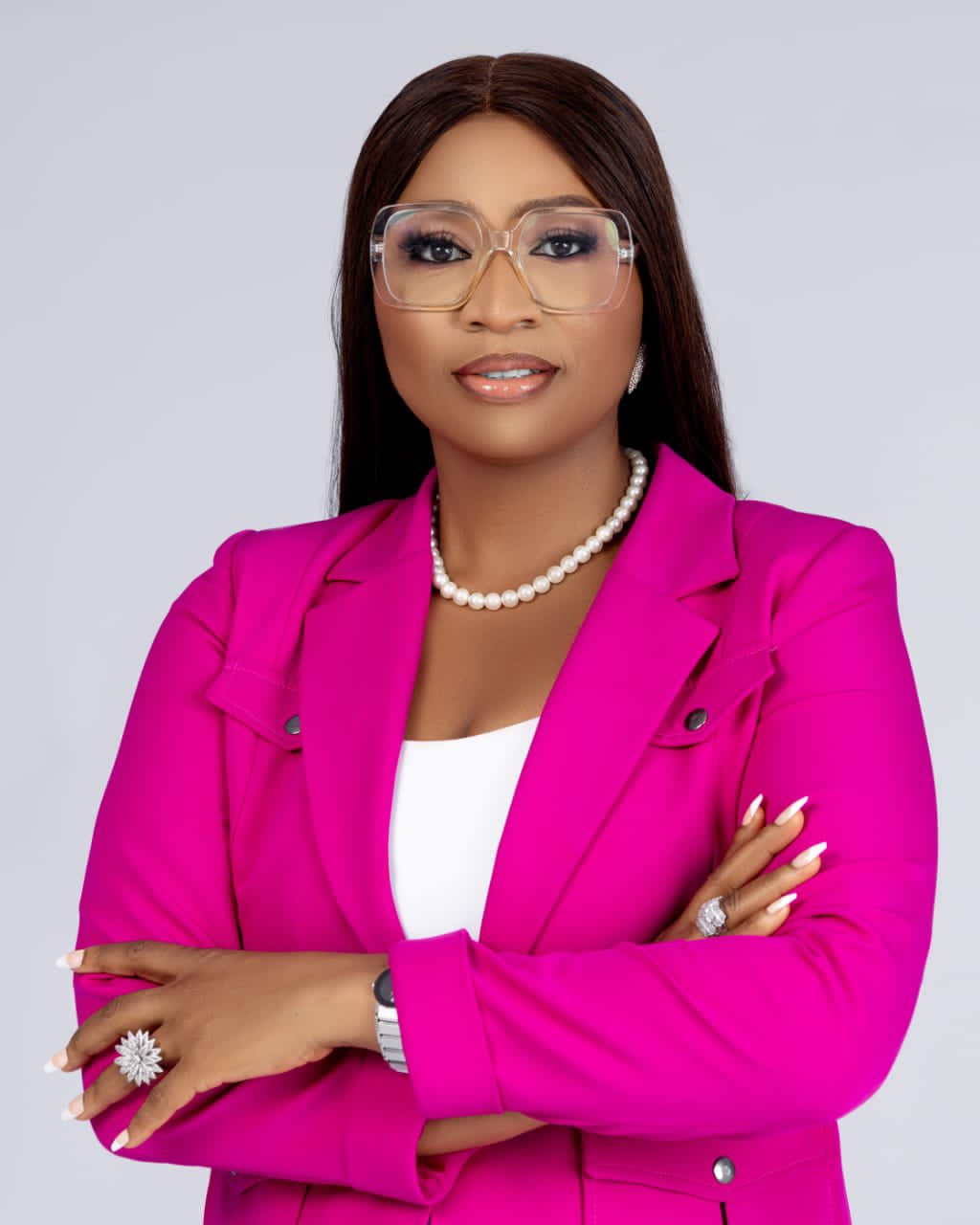
Morayo Brown did not stumble onto broadcast television by accident. She was trained in political science, shaped by a banking career, and sharpened by years of media production before Your View was conceived in 2013. Nigerian morning television at the time was predictable: light banter, safe topics, rehearsed smiles. What TVC wanted was different — a women’s roundtable that would spark real conversations.
But in a country where women were rarely allowed to lead debates on politics or religion on prime-time TV, it was risky. It needed a conductor, not just a presenter. Morayo became that conductor — part referee, part provocateur, part healer.
From the very first episode, she showed an instinct that set her apart: the ability to guide heated arguments without extinguishing them. Your View wasn’t about agreement. It was about tension, diversity, and the messy truth of Nigeria itself.
The Legacy of Female Voices in a Male-Dominated Industry
To understand Morayo’s significance, we must situate her within Nigeria’s broadcasting history. For decades, primetime commentary belonged to male journalists—names like Cyril Stober, Sola Omole, and Funmi Iyanda (though female, was treated as an exception rather than the rule). Women were often confined to lifestyle, entertainment, or fashion desks.
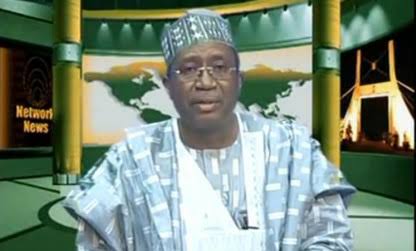
Your View disrupted that. It placed women not on the margins but at the table of national discourse. Morayo’s leadership ensured the panel never became ornamental. These were not just women commenting on politics; they were women shaping its interpretation.
And Nigeria noticed. Politicians began treating an appearance on Your View as essential PR, sometimes more daunting than a press conference. The show blurred the line between journalism and civic education.
A Decade of Bold Conversations
Ten years. Thousands of episodes. Countless debates that left living rooms split and social media ablaze. Your View under Morayo was not just a program — it was a mirror.
2013–2015: Breaking the Silence
The show’s early years coincided with the explosive buildup to the 2015 general elections. Nigeria was polarized between Goodluck Jonathan and Muhammadu Buhari. On Your View, politicians were grilled with the same intensity as global journalists.
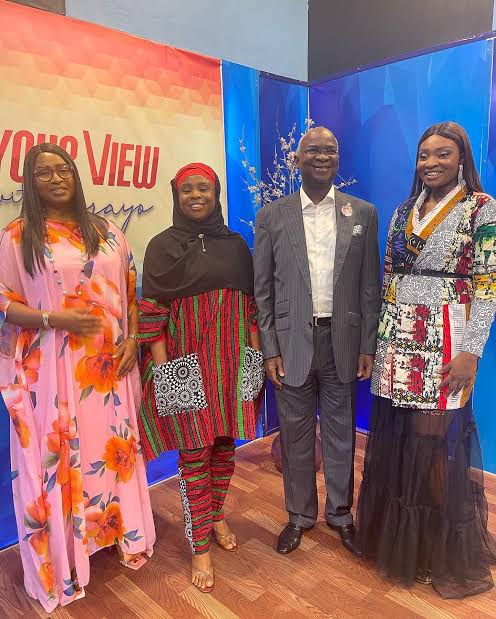
One memorable episode saw then-Governor Babatunde Fashola pressed on Lagos infrastructure. Another dissected Jonathan’s handling of the Chibok girls’ abduction. In both cases, Morayo’s moderation stood out: respectful, but unflinching.
For the first time, Nigerian women on national TV weren’t just asking questions about food or fashion. They were interrogating presidents.
2016–2018: Religion, Gender, and Firestorms

In 2017, the national debate on tithing shook Nigeria. Mega pastors flaunting wealth had become controversial. Your View dared to ask: were congregations being exploited?
Former Host Jumoke Alawode-James tore into church excesses, Yeni Kuti defended freedom of choice, and Morayo balanced the flames. The clip went viral, sparking nationwide church debates.

Another firestorm erupted around child marriage. Nyma Akashat-Zibiri, a devout Muslim and lawyer, defended Islamic legal interpretations, while Obiajulu Ugboh pushed back on the rights of young girls. It was not staged. It was raw. Millions watched, uncomfortable yet captivated.
2019–2021: Social Justice on Screen
The BBC’s Sex for Grades documentary exposed lecturers harassing female students. Your View dedicated multiple mornings to it. Morayo’s chilling question to one guest still circulates online: “If it were your daughter forced to trade her dignity for a grade, would you still call it culture?”
Then came #EndSARS in 2020. As protests swept Lagos, the show became a morning tribunal. Survivors of police brutality called in, Politicians like Desmond Elliot interviewed.

Co-hosts clashed over the role of government, security forces, and youth anger. Morayo’s tone — steady, grave, relentless — turned Your View into one of the few television spaces where Nigerians processed trauma live.
2022–2025: Culture Wars and Shifting Ground
By the 2023 elections, Your View had cemented itself as a national platform. Candidates courting the women’s vote couldn’t ignore it. The subsidy removal debate, inflation, and rising insecurity all passed through Morayo’s stage.
But it wasn’t just politics. Pop culture collided with morality. When Hushpuppi’s fraud scandal erupted, Morayo framed it as a reflection of youth desperation and societal decay. When BBNaija housemates polarized the nation, Your View dissected what it meant for modern Nigerian identity.
Every episode left fragments — arguments carried into marketplaces, churches, mosques, and online spaces.
Storms Along the Journey
Of course, the ride was never smooth. Morayo occasionally found herself at the center of controversies. In 2018, her comments on child safety and family structures triggered outrage, forcing her to issue clarifications. Critics often pounced on her words, interpreting them outside context.
Yet, each storm only seemed to reinforce the weight of her platform. If a breakfast show could stir national uproar, it meant people were listening—deeply.
The Resignation: An Empty Seat at the Table
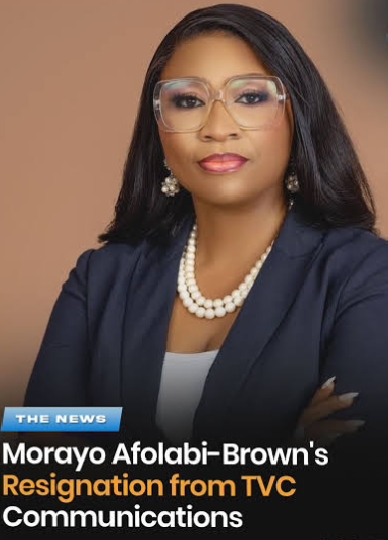
When news broke in August 2025 that Morayo had resigned, it felt like a shockwave. There had been whispers of burnout, internal pressures, and the natural cycle of career evolution. But no one expected the farewell to come so abruptly.
For ten years, Nigerians had grown used to seeing her set the tone of national mornings.
Her departure wasn’t just professional; it was personal to millions of viewers who felt she carried their frustrations, joys, and fears into mainstream conversation.
The resignation sparked immediate questions:
- Was it creative exhaustion?
- Was she pressured by corporate interests wary of her boldness?
- Or was it simply time to pass the torch?
Whatever the truth, one fact remains: TVC has lost its most bankable morning face.
Can Your View Thrive Without Morayo?
This is the haunting question. Television history is littered with examples of shows that crumbled after their star host left. Oprah’s The Oprah Winfrey Show ended with her exit. Ellen’s show collapsed after her controversies. Even in Nigeria, Frank Edoho’s departure almost derailed Who Wants to Be a Millionaire.
Yet there are counterexamples. American The View survived after Barbara Walters left, precisely because it had built a culture of multiple voices. In Nigeria, Journalists’ Hangout has outlived several rotating anchors.
So, can Your View survive? Yes—but only if TVC resists the temptation to fill Morayo’s void with a single replacement. Her power was never just her charisma; it was her ability to curate and balance other voices.
For the show to thrive, the producers must embrace the multiplicity of its panel, elevating each co-host into greater prominence rather than searching for another “Morayo.”
The Co-Hosts: Inheriting the Table
The panel Morayo nurtured is not without strength.
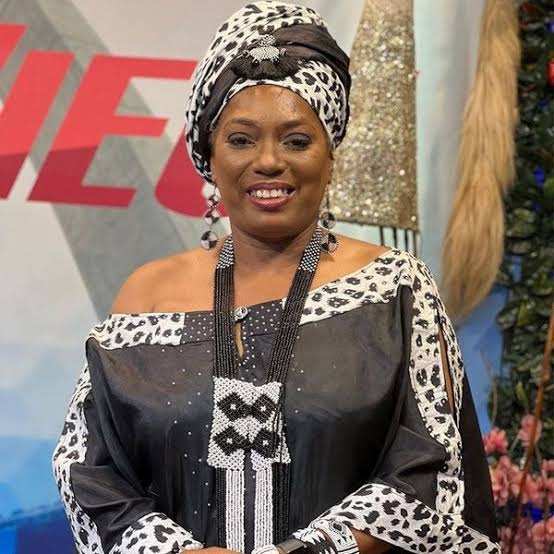
Yeni Kuti — daughter of Afrobeat legend Fela, defender of tradition and Yoruba cultural pride.

Obiajulu Ugboh — outspoken, liberal-leaning, often sparring with conservatives.
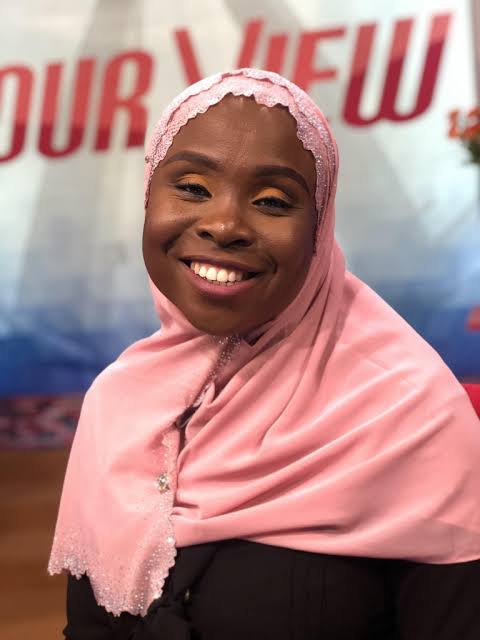
Nyma Akashat-Zibiri — lawyer, Muslim perspective, bridging faith and feminism.
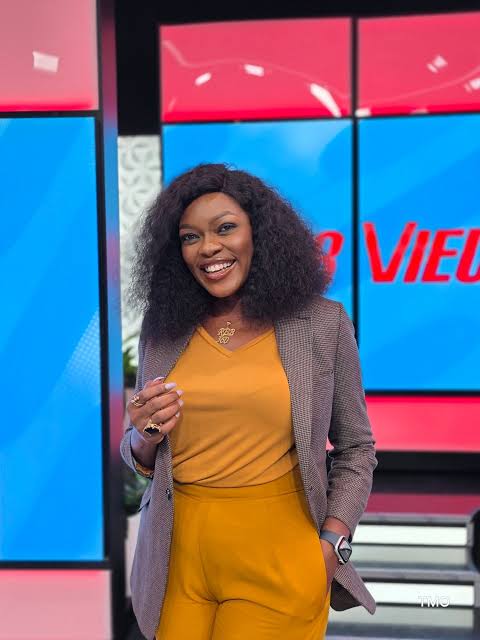
Tope Mark Odigie — voice of everyday working women, grounded in lived realities.
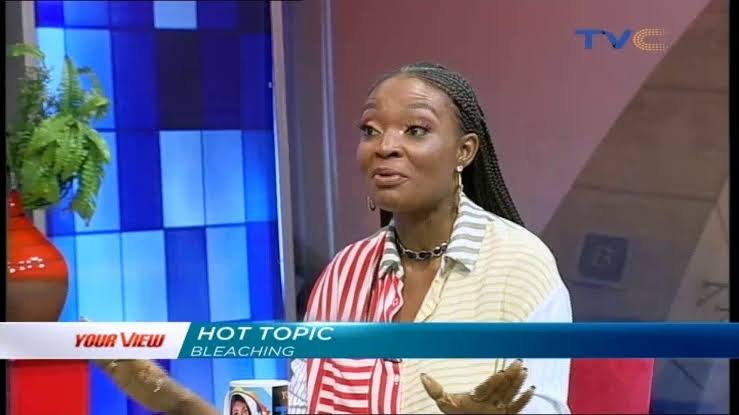
Mariam Longe – known for her warm poise and ability to steer complex conversations with balance.
Together, they mirrored Nigeria itself — diverse, divided, but united in speaking out. Morayo’s gift was orchestrating their contradictions without silencing any.
If TVC empowers these women as true equals rather than background voices, Your View can transition into a new era where no single host carries the burden of identity.
The Audience Factor
But survival isn’t just about hosts. Nigerian audiences are notoriously loyal to personalities rather than programs. People say, “I watch Morayo,” not “I watch Your View.” This cult of personality can sink a show when its star departs.
TVC must therefore craft a new narrative: that Your View belongs to Nigerians, not to one woman. They must invest in digital strategy, ensuring clips circulate widely on social media, and recruit younger voices to attract Gen Z audiences who may not have grown with Morayo.
What Comes Next for Morayo?
Even after she broke silence on her exit and next ‘bigger dreams and ideals’ journey, speculation abounds about her next steps. Some whisper she may launch her own media company, building an independent platform like Mo Abudu did with EbonyLife. Others suggest politics, where her credibility with everyday Nigerians could translate into electoral capital. A third possibility is academia or consultancy, where she could shape the next generation of broadcasters.
Whatever she chooses, her brand is secure. Morayo Brown is no longer just a television host—she is an institution.
Conclusion: Survival or Decline?
Morayo Brown’s decade on Your View was not simply television. It was cultural insurgency. It normalized women interrogating power in a nation where women’s voices are often muted.
FINAL THOUGHTS
Your View stands at a crossroads: lean on the strength of its ensemble and survive, or fade into the chorus of predictable morning chatter.
One thing is certain: Morayo proved that talk is not cheap. Talk — bold, disruptive, necessary talk — is the sharpest tool of change.
And now, the question still belongs to the show she built: after a decade of bold conversations, can Your View thrive without its iconic host?.











